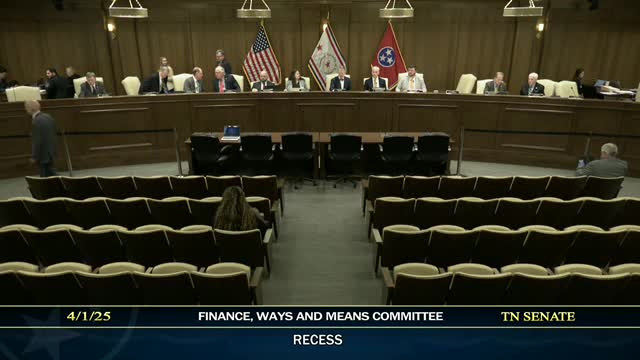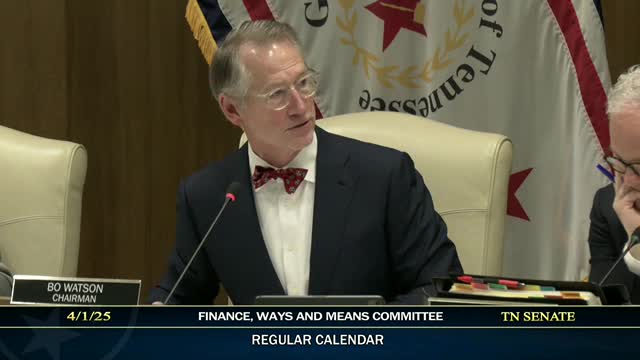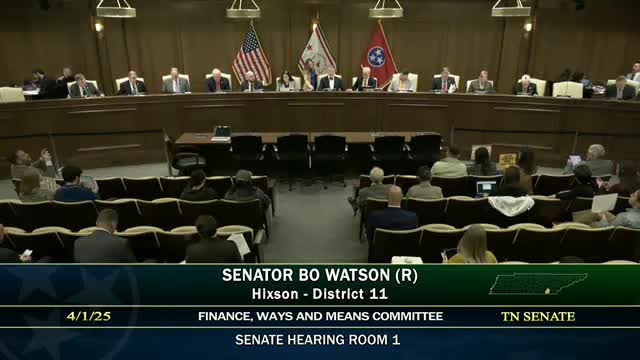Article not found
This article is no longer available. But don't worry—we've gathered other articles that discuss the same topic.

Votes at a glance: Senate Finance committee advances a set of bills and resolutions to the calendar

Senate committee ratifies 9‑1‑1 board rate increase, creating technology fund and incentives for consolidation

Committee advances hemp-to-cannabinoid regulatory overhaul, shifts enforcement to ABC and adds wholesale tax

